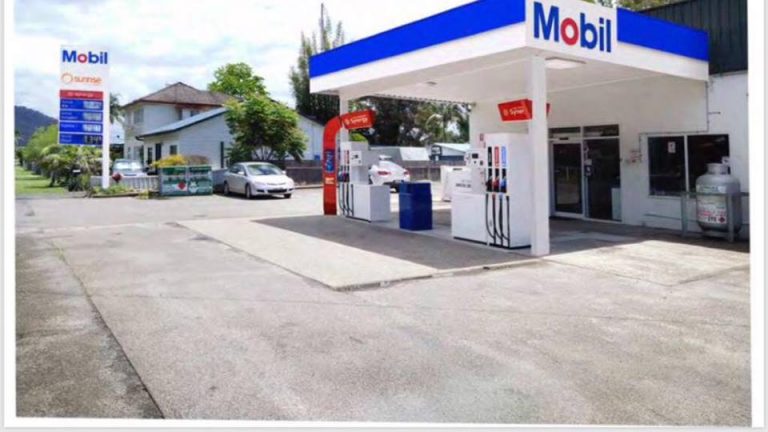
Amidst escalating Gulf tensions, Australia’s ever low oil reserve has sunk to its lowest point. At 28 days, the oil reserve is well below the 90-day minimum required under international agreements. An action was necessary, therefore the Morrison led government reached out to the Trump administration – requesting access to their vast stock of petroleum reserve, the world’s largest supply of emergency crude oil.
The decision has drawn the criticism of the opposition. According to Labor, ‘Australia needs an onshore fuel security plan’ hinting on their February plans to establish a national fuel reserve to boost emergency stock – something of the same sort as the United States’ Strategic Petroleum Reserve’ (SPR). The SPR’s formidable size (authorized storage capacity of 713.5 million barrels) makes it a significant deterrent to oil import cutoffs and a key tool of foreign policy.
Morrison government however claims, ‘importing the fuel would be less burdening on the tax payer’. Critics of this approach argue economics should not be the sole consideration when it comes to national security.
Australia has four oil refineries which cater to an estimated half of the country’s fuel supply – the remaining half has to be imported. With increased tensions in the Gulf Region and the South China Sea, Australia could be faced with a major oil supply disruption anytime, therefore is seeking an alternate oil passage route.





